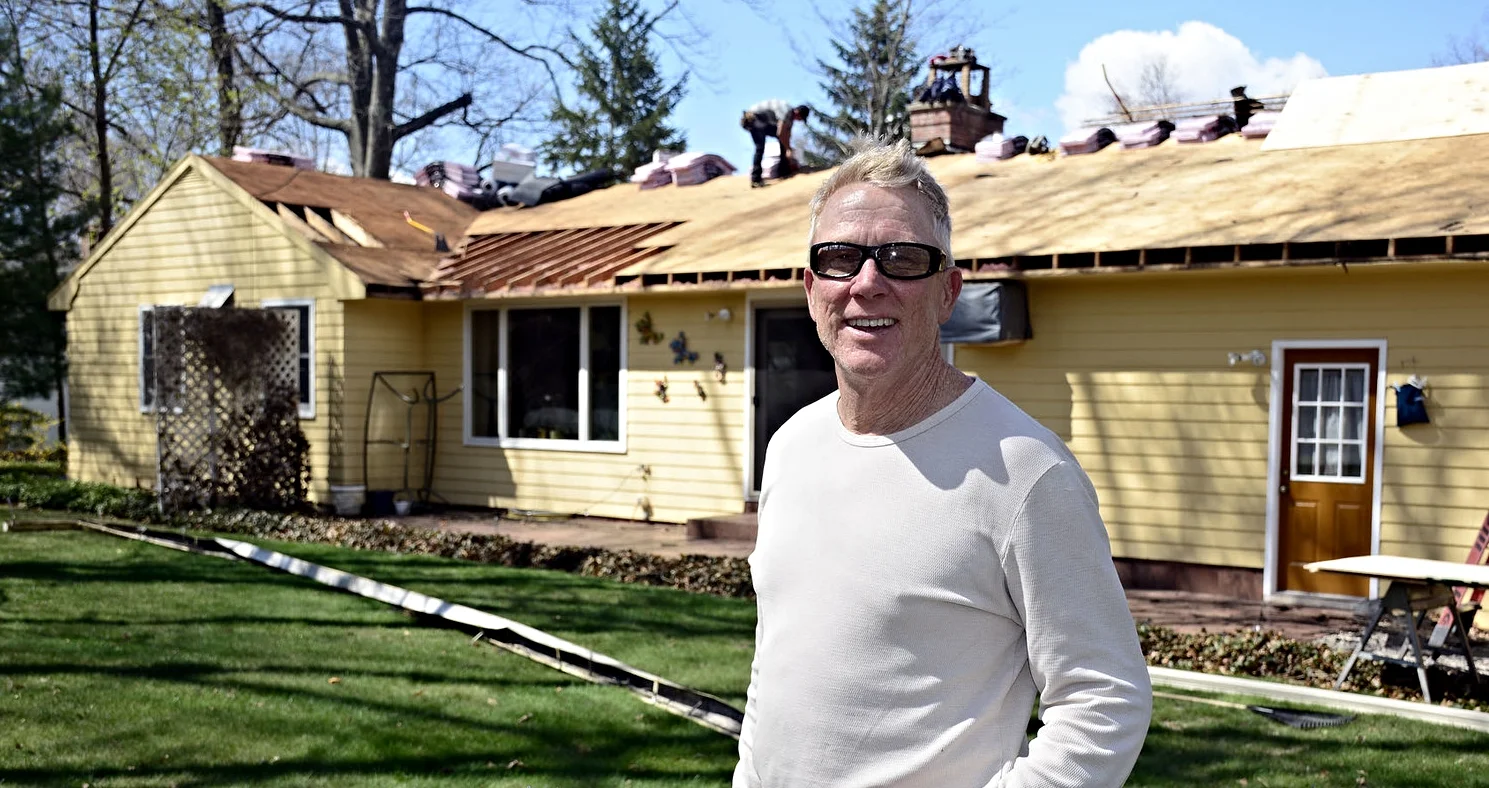Mold in the Home: Why Spring is Prime Time for Growth in Connecticut
Chelsea O'Donnell
When spring rolls into Connecticut, we welcome warmer temps, blooming flowers—and unfortunately, the perfect storm for mold. With all that spring rain and lingering moisture, mold growth becomes a common (and sneaky) issue for homeowners this time of year.
Mold thrives in damp, dark spaces, and once it finds a cozy spot in your home, it doesn’t need an invitation to stick around. Whether it’s behind walls, under flooring, or up in the attic, mold can quietly spread while you’re none the wiser—and it’s not just your home at risk. Mold spores in the air can also wreak havoc on your health.
Most people associate mold with the usual suspects: the shower tiles, the bathroom grout, or that old sponge you really should toss. But mold problems often lurk in much less visible places. If you’ve ever had a roof leak, a damp basement, or a poorly ventilated attic, odds are you’ve had mold—even if you never saw it.
In fact, at least half the homes I visit for remodeling projects have mold problems hiding beneath the surface. It’s not always dramatic black splotches on walls; sometimes, it’s the faint discoloration on a ceiling or that musty smell in a room that never quite dries out.
So, what can you do to stop mold before it becomes a serious (and costly) problem? Start by keeping moisture at bay—especially during the wet spring season. Here are my top prevention tips:
Keep gutters and downspouts clear so water drains away from your foundation.
Grade your yard properly. The ground should slope away from your home, not toward it.
Fix roof leaks immediately, and have your contractor check for any mold during repairs.
Watch your ceilings for discoloration or bubbling paint—these are red flags.
Install quality ventilation in bathrooms, and make sure fans vent outside, not into the attic.
Don’t let carpets stay damp. Mold can begin forming within 48 hours of water exposure.
Place trays under large appliances like washing machines and refrigerators to catch leaks.
Use a dehumidifier in basements or any area prone to excess humidity.
And here’s the kicker—if you’ve already tried cleaning or painting over mold and it keeps coming back, that’s a big red flag. Surface fixes won’t solve a deeper issue. If mold returns, it’s time to bring in the pros before it spreads further or impacts your indoor air quality.
Spring is beautiful in Connecticut—but it’s also wet. Don’t let mold sneak in with the season. A little prevention now can save you a big headache (and an even bigger repair bill) later.
Bob O’Donnell is the owner of O’Donnell Bros. Inc., a Bristol-based home improvement company established in 1975. Email your questions for Bob to info@odonnellbros.com with the subject line “Ask the Pro.” All questions may be considered for publication. To contact Bob for your remodeling needs, call O’Donnell Bros. Inc. at (860) 589-5155 or visit http://www.odonnellbros.com. Advice is for guidance only.
